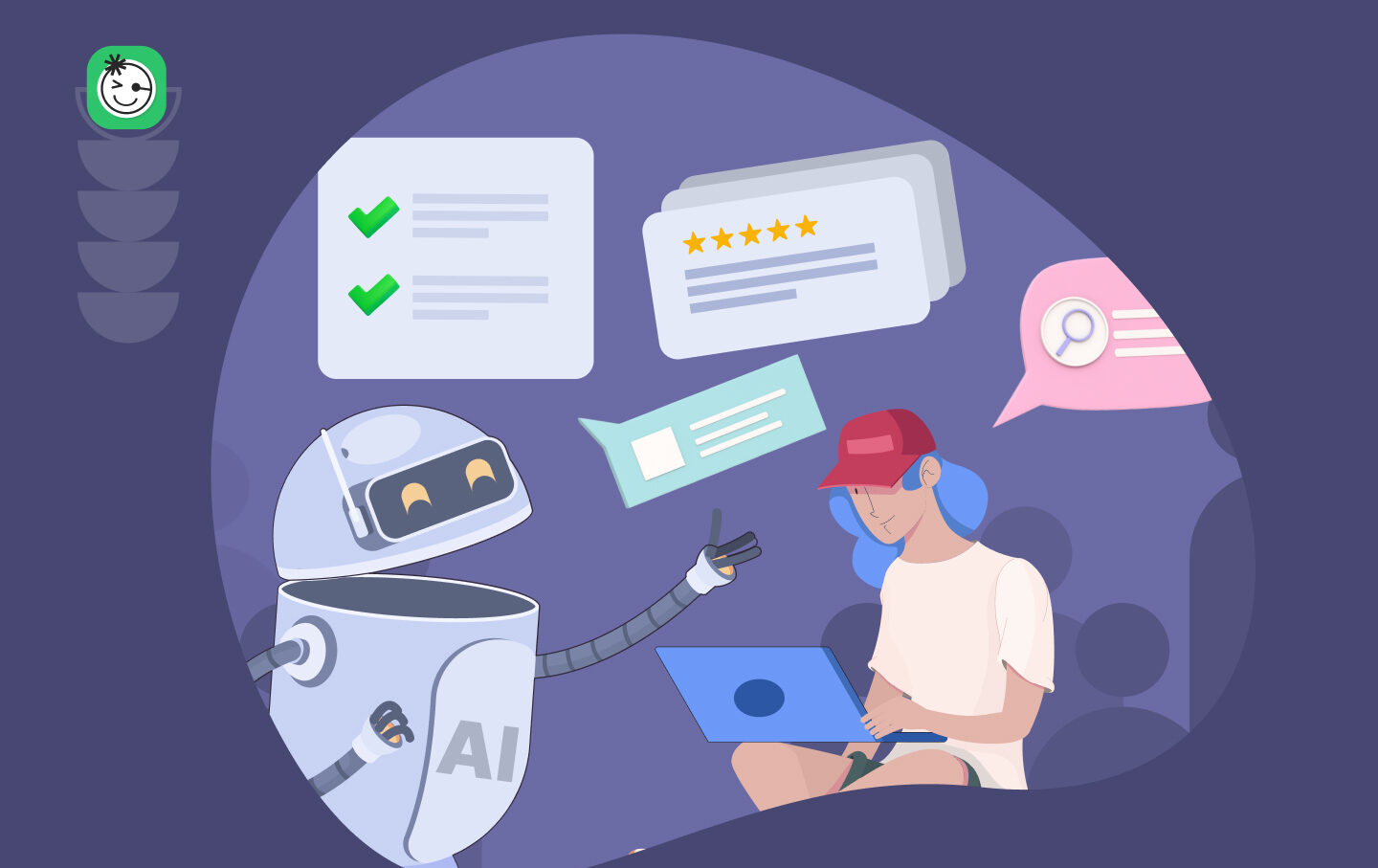
In today's dynamic job market, artificial intelligence (AI) is leaving its footprint in numerous industries. One area where AI is seeing significant adoption is recruiting. AI-powered recruitment tools deliver to streamline the hiring process, optimizing workflows. However, the question remains: are AI recruiters true allies? Or could they present unforeseen challenges to both job seekers and employers?
- Several enthusiasts of AI vs recruiter maintain that these tools can reduce prejudice in the hiring process, generating a more fair and equitable workplace.
- On the other hand, detractors of AI recruiting highlight anxieties regarding the potential for bias embedded within the algorithms that drive these tools.
Ultimately, the influence of AI in recruiting is undergoing rapid development. The jury is still out whether AI recruiters will become an invaluable asset or lead to unintended consequences.
The Rise of the Machines: AI Taking Over Recruiting
The landscape/realm/field of recruitment is undergoing a dramatic/radical/sweeping transformation, driven by the exponential/rapid/astounding growth/advancement/progression of artificial intelligence (AI). Recruiters/HR professionals/Talent acquisition specialists are increasingly embracing/leveraging/utilizing AI-powered tools/platforms/solutions to streamline and optimize/enhance/revolutionize the hiring process/cycle/procedure. From screening/filtering/assessing candidates to identifying/matching/discovering top talent, AI is changing/disrupting/redefining the way companies source/attract/recruit employees.
This shift/trend/evolution has provoked/ignited/sparked both excitement/optimism/eagerness and concern/anxiety/trepidation. Proponents of AI in recruitment argue/posit/maintain that it can increase/boost/enhance efficiency, reduce bias/prejudice/discrimination, and uncover/reveal/surface hidden talent. However, critics/skeptics/detractors warn/express concern/raise questions about the potential/risk/threat of job displacement/loss/reduction and the ethical/moral/philosophical implications more info of relying on machines to make decisions/judgments/assessments about human lives.
Balancing Human Intuition and Data-Driven Decisions
As the talent acquisition landscape shifts, a crucial debate rages: will personal connection remain paramount, or will algorithms dominate? Some experts argue that the future lies in a seamless integration of both approaches. Algorithms can efficiently screen vast quantities of data, identifying potential candidates who meet desired skills and experience. However, the interview process remains essential for assessing soft skills, cultural fit, and motivation. Ultimately, the most successful talent acquisition strategies will leverage the strengths of both human touch and algorithm-driven insights to secure top talent.
- Think about the role of AI in candidate screening.
- Underscore the importance of human interaction in the hiring process.
- Analyze emerging technologies that enhance talent acquisition.
Can AI genuinely Replace Recruiters?
The emergence of AI in the recruitment industry has sparked a heated debate: Can artificial intelligence truly substitute for human recruiters? While AI-powered tools can automate tasks like candidate screening and resume parsing, there are arguments to suggest that the emotional intelligence of a recruiter remains irreplaceable. AI may excel at identifying competent candidates based on criteria, but it struggles to evaluate soft skills, cultural fit, and the nuances of human interaction that are vital for successful recruitment.
- AI may lack the compassion to relate to candidates on a personal level.
- Recruiters can foster networks that go beyond data and algorithms.
- Furthermore, AI is still progressing and may not be able to cope with all the complexities of the recruitment process.
Ultimately, the outlook of recruitment likely lies in a synergistic approach that utilizes the strengths of both AI and human recruiters.
Reshaping Recruitment: How AI is Changing Hiring Practices
The hiring landscape is transforming at an unprecedented rate, with artificial intelligence (AI) emerging as a driving force. Traditionally, the resume reigned supreme as the primary instrument for job seekers to present their skills and experience. However, AI-powered solutions are revolutionizing this age-old system, ushering in a new era of talent acquisition that prioritizes data-driven insights.
AI algorithms can meticulously analyze vast volumes of resumes, pinpointing the most qualified candidates based on a range of criteria. This also reduces the time and effort required by recruiters, but also eliminates potential prejudice that may be present in manual review processes.
The Great Recruitment Revolution: AI and the New Workforce
The realm of recruitment is undergoing a profound transformation, driven by the rise of artificial intelligence (AI). This groundbreaking technology is redefining traditional hiring practices, creating a new workforce landscape.
AI-powered tools are streamlining various aspects of the recruitment process, from identifying suitable candidates to customizing the candidate experience.
- AI-powered chatbots are providing immediate responses to candidate queries, enhancing engagement and visibility.
- Data-driven algorithms are evaluating vast amounts of data to identify candidates with the most suitable job openings.
- AI-powered tools are evaluating candidate skills and competencies through interactive assessments, providing a more comprehensive view of their abilities.
Nonetheless, it's crucial to acknowledge that AI is a tool that should augment the traditional touch in recruitment.
Conscious considerations, such as bias mitigation, must be considered into AI-powered platforms to ensure a just and transparent hiring process.